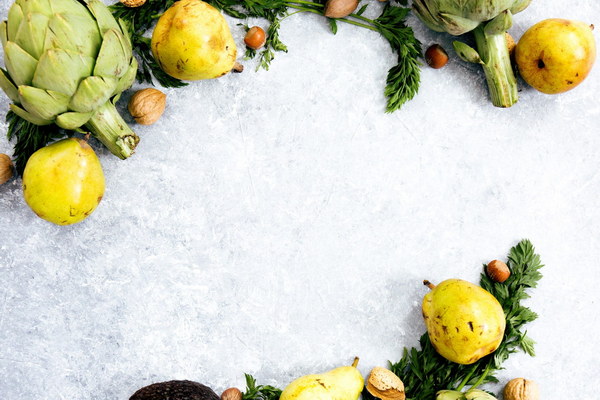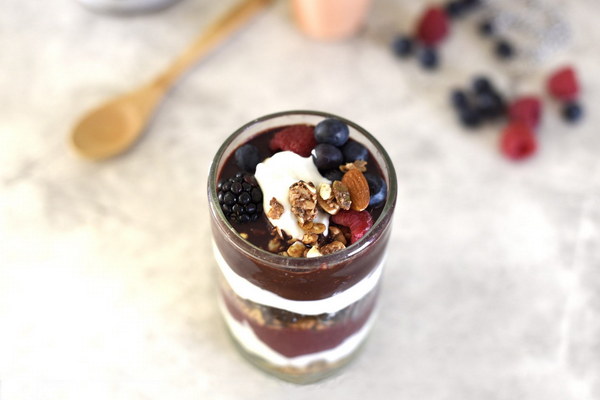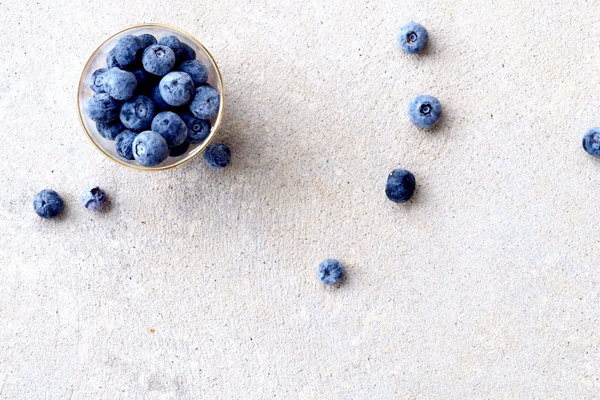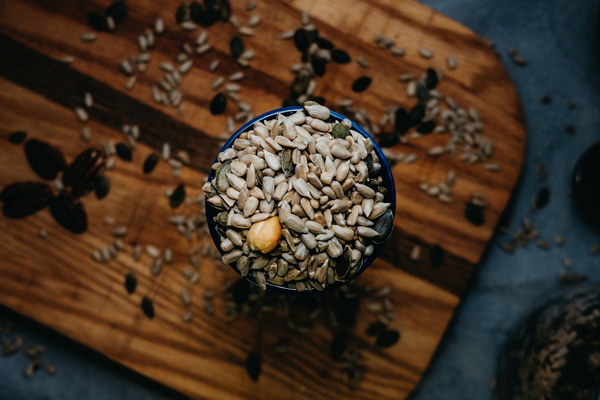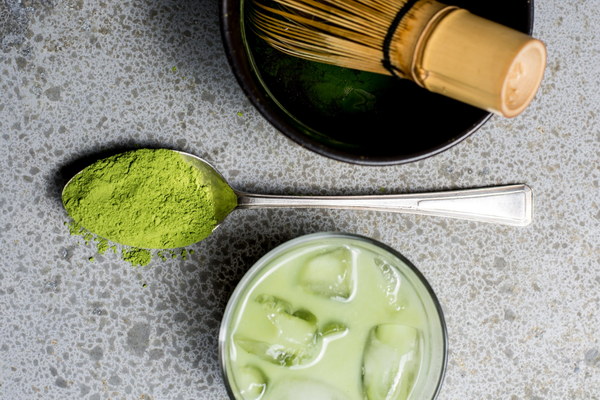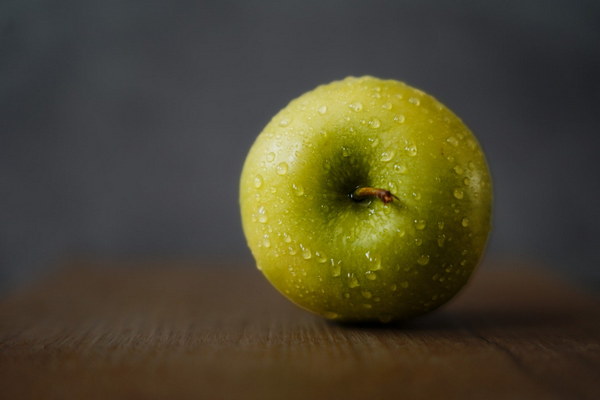Unveiling the Differences A Comprehensive Comparison of Niuhuang Qingfei and Lingyang Qingfei Herbs
In traditional Chinese medicine, herbs play a crucial role in treating various health conditions. Two of the most renowned and commonly used herbs are Niuhuang Qingfei and Lingyang Qingfei. Both are used to alleviate respiratory issues, but they differ in their composition, usage, and effectiveness. This article aims to provide a detailed comparison of these two herbs, highlighting their unique properties and differences.
1. Composition:
Niuhuang Qingfei is a combination of two main herbs: cow bile and other traditional Chinese medicinal herbs. The cow bile is believed to have cooling and detoxifying properties, while the other herbs, such as scute, ephedra, and licorice, are thought to help clear heat and relieve respiratory symptoms.
Lingyang Qingfei, on the other hand, is made from the horn of a young antelope. This herb is believed to have cooling, detoxifying, and nourishing properties, which can help alleviate respiratory issues and support the immune system.
2. Usage:
Niuhuang Qingfei is primarily used to treat respiratory conditions such as acute and chronic bronchitis, pneumonia, and asthma. It is also effective in reducing fever, inflammation, and pain associated with these conditions.
Lingyang Qingfei, on the other hand, is used to treat a wider range of respiratory issues, including bronchitis, asthma, and common cold. It is also believed to be beneficial for patients with weakened immune systems, as it helps nourish the lung and boost overall health.
3. Dosage and Administration:
The dosage of Niuhuang Qingfei varies depending on the specific condition and the patient's body weight. It is usually taken in the form of capsules, tablets, or powder, with the recommended dosage ranging from 0.3 to 0.6 grams per day.
Lingyang Qingfei is also available in various forms, including capsules, tablets, and powder. The dosage may vary depending on the manufacturer's recommendations, but a common dosage is 0.3 to 0.6 grams per day.
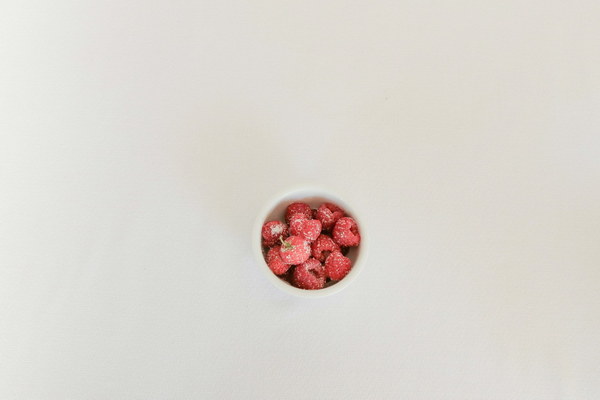
4. Side Effects:
Niuhuang Qingfei may cause some side effects, such as dizziness, nausea, and diarrhea. It is not recommended for pregnant women or individuals with certain allergies to the ingredients.
Lingyang Qingfei is generally considered safe for most people, but it may cause mild side effects such as stomach discomfort, dizziness, and headache. It is also not recommended for pregnant women or individuals with specific allergies.
5. Effectiveness:
Both Niuhuang Qingfei and Lingyang Qingfei have been shown to be effective in treating respiratory conditions. However, their effectiveness may vary depending on the individual and the specific condition.
Niuhuang Qingfei is known for its potent cooling and detoxifying properties, making it an excellent choice for treating acute respiratory conditions with high fever and inflammation.
Lingyang Qingfei, on the other hand, is believed to be more nourishing and can be used for both acute and chronic respiratory issues, as well as for supporting the immune system.
In conclusion, both Niuhuang Qingfei and Lingyang Qingfei are valuable herbs in traditional Chinese medicine, each with unique properties and applications. While Niuhuang Qingfei is more suitable for treating acute respiratory conditions with high fever and inflammation, Lingyang Qingfei is a versatile herb that can be used for a wider range of respiratory issues, including chronic conditions and immune system support. It is essential to consult a healthcare professional before using these herbs, as they may not be suitable for everyone and may interact with other medications.

